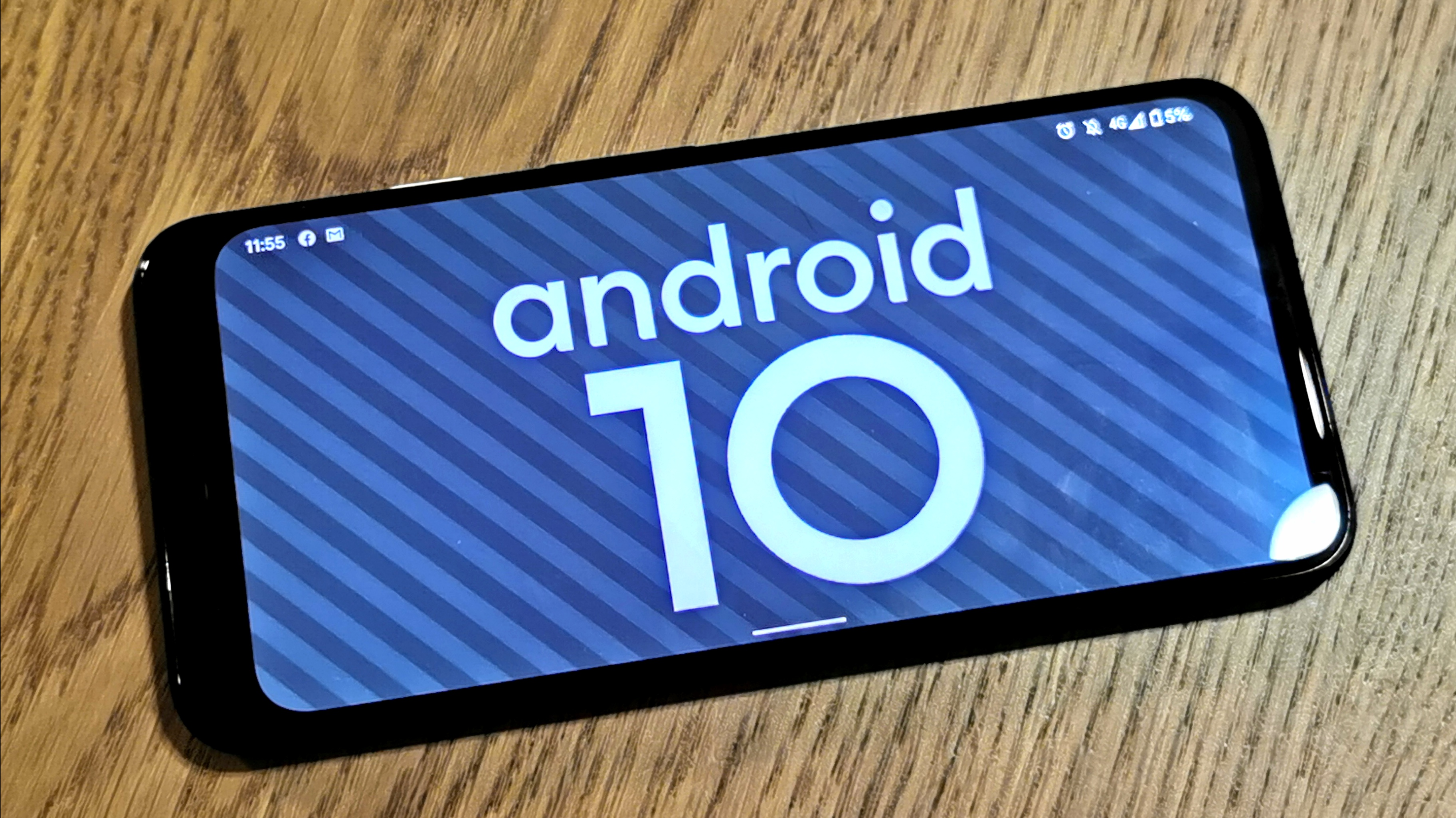It’s an annoyance that has been around since Android first launched back in September 2008 – Android Bloatware. It seems now that over 50 company’s have also had enough and have written an open letter to Alphabet and Google’s CEO Sundar Pichai, about exploitative pre-installed bloatware on Android devices and how Android bloatware may pose major security risks.
The open letter, which has been put together by over 50 organisations that include Privacy International, Digital Rights Foundation, DuckDuckGo, and Electronic Frontier Foundation (but few others that anyone has actually heard of) states that all Android OEMs pre-install their devices with apps that cannot be deleted, which thanks to their custom privileged permission, may and can cause a bypass of the Android permission model.
They can give permission for the users’ device to bypass security and have the ability to gain access to the microphone, camera, and location without user intervention. This then gives many smartphone OEMs the ability to collect user data without their explicit permission and enabling the Android OEMs to use it for their own benefit.
The group has now asked and made suggestions for Google to make changes that will strengthen privacy and user data by enabling how Android handles pre-installed apps (ie. bloatware) on devices going forward, which includes the ability for users to permanently uninstall all pre-installed apps on their devices.
The letter also suggests and requests that all pre-installed apps go through the same scrutiny that all apps currently do to be listed in the Google Play Store. They also suggest that all pre-installed apps have the ability to be updated through Google Play Store, even if the device does not have a user logged into it. They also request the Google shouldn’t certify devices on privacy grounds if they detect that an OEM is trying to exploit users’ privacy and their data.
While Google has made a number of privacy-focused changes in the latest version of Android (Android 10), there is still room for improvement and certainly this is something that would be an interesting development should Google agree to these measures. It would no doubt be welcomed by a vast majority of users.


